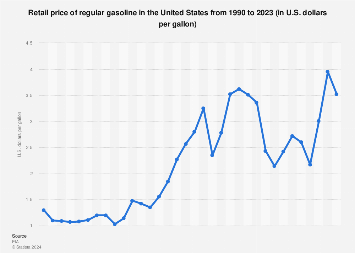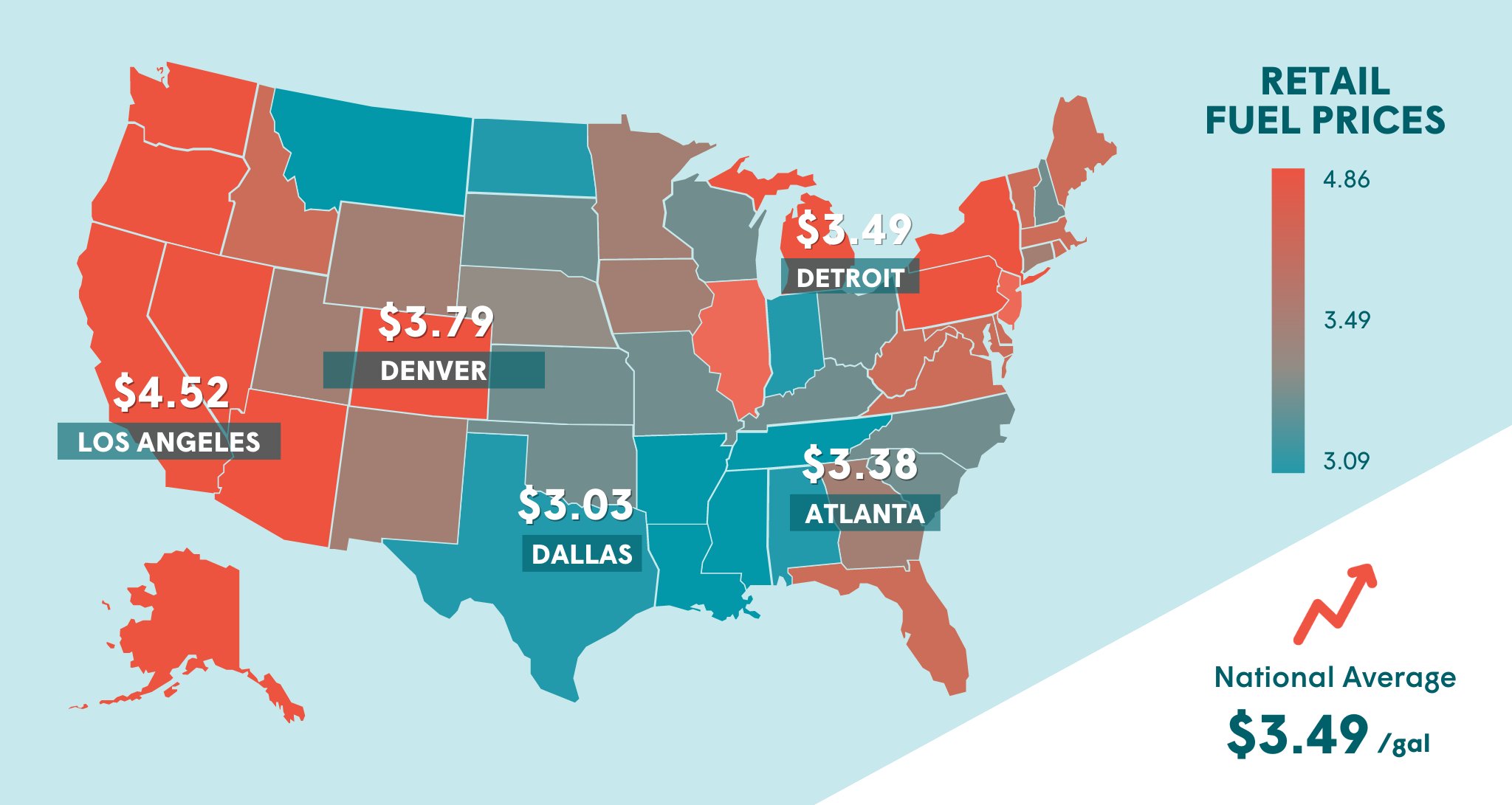Warmth on a Budget: Discovering Fuel Oil Prices Long Island for Smart Consumers
Wiki Article
Recognizing the Fluctuating Oil Rate: A Comprehensive Overview
Recognizing the Fluctuating Oil Cost: A Comprehensive Guide is an useful source for any person looking for to get insights into the intricate world of oil rates. In a period where oil markets are continuously progressing, it is vital to comprehend the variables that drive cost changes. This extensive overview supplies a comprehensive evaluation of the different pressures that affect oil prices, including worldwide supply and need dynamics, geopolitical occasions, and the impact of market conjecture. By delving right into the intricacies of cost volatility, this overview outfits readers with the understanding required to navigate the ever-changing oil market. Whether you are a sector professional, capitalist, or simply interested regarding the characteristics of oil prices, this overview provides a thorough review that will certainly boost your understanding of this essential facet of the global economic climate.Factors Affecting Oil Rates
Elements influencing oil costs depend on a complicated interaction of financial, geopolitical, and environmental factors. The economic variables include supply and demand dynamics, market conjecture, and the toughness of the international economy. When demand for oil goes beyond supply, prices tend to increase, whereas when supply goes beyond demand, rates often tend to fall. Market conjecture can likewise have a substantial effect on oil prices, as capitalists and traders attempt to predict future cost motions based upon numerous variables such as political events or adjustments in international financial conditions. In addition, the general stamina of the worldwide economy can affect oil costs, as a durable economy usually brings about boosted need for oil.Geopolitical variables additionally play a crucial function in oil price changes. Political occasions such as disputes, wars, and permissions can interrupt oil supply from significant generating nations, leading to price volatility. Additionally, geopolitical stress in key oil-producing areas, such as the Middle East, can develop uncertainty and increase the risk costs on oil rates (cod oil prices long island).
Ecological aspects, specifically plans connected to climate modification and power shift, are progressively influencing oil prices. Measures focused on reducing greenhouse gas emissions and promoting eco-friendly power sources can decrease the need for oil, thus putting down stress on costs. In addition, ecological calamities or regulations can interfere with oil production and transport, impacting costs in the short term.
International Supply and Demand
The present state of worldwide supply and need for oil substantially impacts its rate. When supply goes beyond demand, oil costs have a tendency to reduce as there is an excess of oil readily available in the market.Several factors affect global supply and demand for oil. Financial development is a major motorist of oil need, as raised economic activity leads to higher energy consumption.

In the last few years, the COVID-19 pandemic has actually had a substantial influence on worldwide supply and need for oil. Lockdown actions and take a trip restrictions have actually resulted in a reduction in oil demand, bring about a surplus in supply and a sharp decrease in oil costs. As the globe starts to recover from the pandemic and economic activity returns to, oil demand is anticipated to enhance, possibly bring about a rise in oil costs.
Geopolitical Occasions and Oil Prices
Geopolitical events play an essential function fit the changing prices of oil. The worldwide oil market is highly sensitive to geopolitical tensions, conflicts, and occasions that can interrupt the supply and demand characteristics. Any kind of political instability or problem in significant oil-producing regions has the potential to influence oil prices dramatically.For circumstances, when geopolitical tensions increase in the center East, which is a major oil-producing region, it can lead to problems concerning supply disruptions. This can create an increase in oil rates as traders and capitalists anticipate possible disruptions in oil production and transportation.
Similarly, political decisions and activities taken by major oil-producing countries can also influence oil costs. For instance, when OPEC (Company of the Oil Exporting Countries) members consent to reduce production, it can result in reduced supply and for that reason higher oil prices. On the other hand, when OPEC makes a decision to boost manufacturing, it can bring about an excess in the market and a subsequent reduction in oil rates.
Moreover, geopolitical occasions in major oil-consuming nations can additionally influence content oil costs. Economic and political developments have a peek at these guys in countries like China, the USA, and Europe can impact oil demand, subsequently affecting costs.
Impact of Market Speculation
Proceeding from the previous subtopic, the influence of market speculation on oil costs can not be taken too lightly. Market supposition describes the process of investors and investors making predictions about future oil costs based upon numerous variables such as supply and demand characteristics, geopolitical events, and financial signs. These speculations can have a considerable effect on the cost of oil in the short-term.
Additionally, market supposition can affect oil costs by forming market belief. If speculators believe that oil rates will climb, they might involve in acquiring activities, bring about a rise in prices. Conversely, if they prepare for a decline in costs, they might market their placements, driving costs down.
Nonetheless, it is essential to keep in mind that while market conjecture can have short-term impacts on oil prices, it is not the single determinant of long-term rate patterns. Fundamental variables, such as changes in supply and need basics, ultimately drive the general direction of oil prices.
Comprehending Rate Volatility
Market supposition plays a vital function in understanding the rate volatility of oil. Cost volatility refers to the fast and substantial modifications in the rate of a commodity, such as oil, over a brief duration.Supposition occurs when financiers and traders market or purchase oil agreements based on their assumptions of future cost movements. When speculators expect a boost go to my blog in oil costs, they acquire big amounts of oil agreements, driving up prices.
The impact of market supposition on oil price volatility is a subject of ongoing debate. Critics say that extreme supposition can result in market distortions and cost bubbles, while others contend that speculators provide liquidity and improve market efficiency. Managing speculative tasks and boosting openness in oil futures markets are measures that policymakers have actually considered to mitigate extreme volatility.
Final Thought
In final thought, understanding the fluctuating oil rate requires an evaluation of different aspects. Worldwide supply and need, geopolitical events, and market conjecture all play significant roles in shaping oil prices.Understanding the Fluctuating Oil Price: A Comprehensive Overview is a beneficial source for any person seeking to acquire insights into the complex globe of oil costs (cheapest oil prices on long island). When need for oil surpasses supply, prices have a tendency to climb, whereas when supply exceeds demand, costs often tend to fall. When supply exceeds need, oil rates tend to lower as there is an excess of oil readily available in the market. Speculators can intensify cost activities by taking huge placements in oil futures agreements, which are agreements to sell or get oil at an established rate in the future. When speculators prepare for a rise in oil prices, they purchase big quantities of oil contracts, driving up prices
Report this wiki page